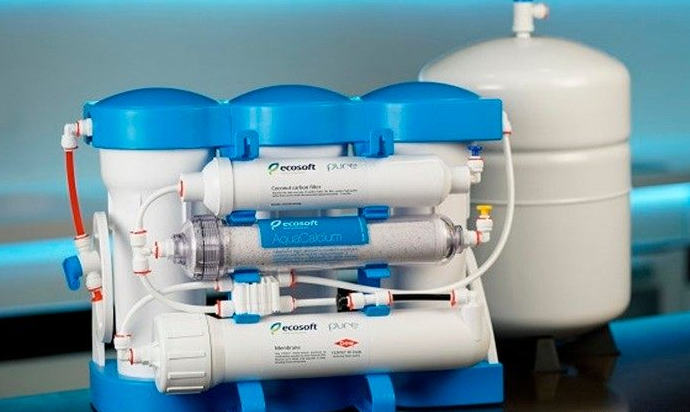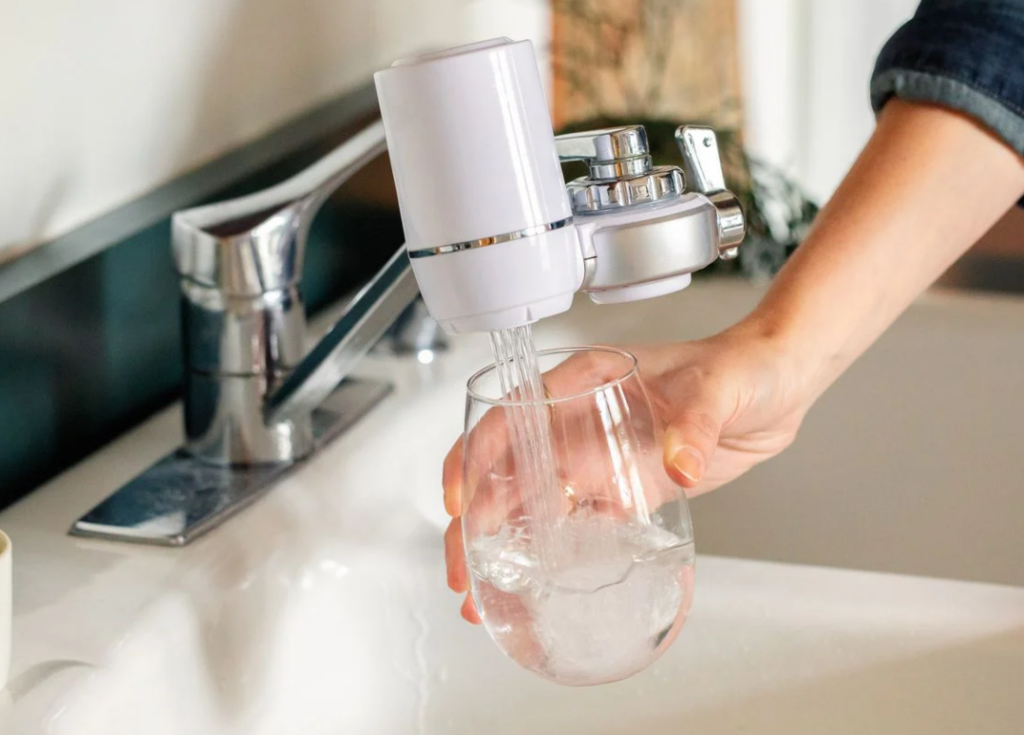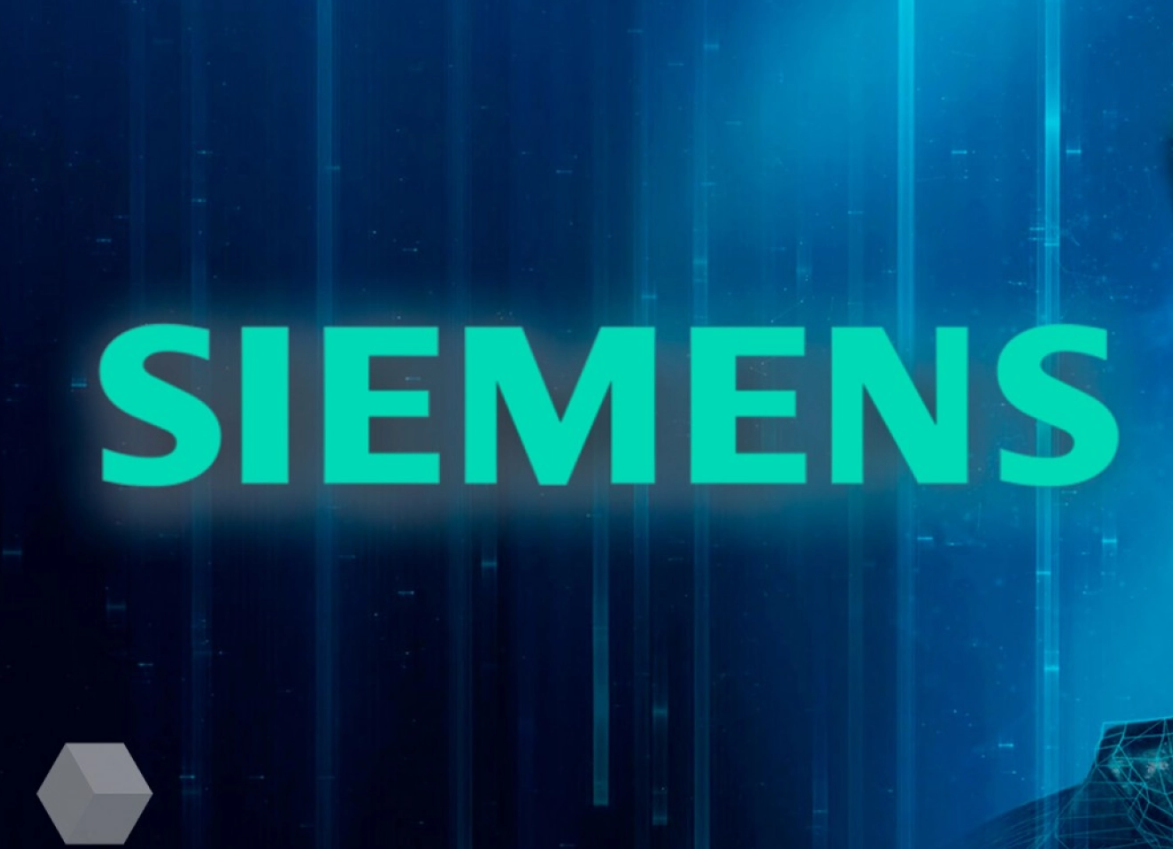Water is the source of life, but the quality of drinking water can vary greatly depending on the location and condition of the plumbing system. Contaminated water can not only be detrimental to your health, but can also impair the flavour of food and drink. In this context, water filters become not just a convenient addition to your household, but an essential element to ensure the health and well-being of your family.
Choosing the right water filter can seem like a daunting task because of the many options and technologies available. From tabletop filters to sophisticated reverse osmosis systems, each option has its own benefits and features.
Determination of water filtration needs
Before you start choosing a water filter, it is crucial to have a clear understanding of the problems you are facing with your tap water. Water quality can vary greatly from area to area, and different contaminants require different treatment methods. In order to make your filter choice as informed and effective as possible, you should first conduct a thorough water analysis. This will help you determine what specific contaminants are present in your water and help you select the appropriate treatment technology.
A list of steps for determining needs
Water Analysis:
- Use of test kits: Special kits for self water analysis allow you to detect major impurities right in your own home. These kits usually include reagents that react to the presence of certain substances by changing colour.
- Contacting a Sanitary Epidemiological Station: For a more accurate analysis, a water sample can be sent to the local Sanitary Epidemiological Station or a private laboratory. This option is suitable for a comprehensive assessment and can detect microbiological contaminants, heavy metals and other toxins in a professional manner.
Definition of filtering targets:
- Removal of specific contaminants: Depending on the results of the analysis, choose a filter that can deal with specific problems. For example, if the water has high levels of chlorine, you will need an activated carbon filter to neutralise it.
- Improving the taste of water: If your main goal is to improve taste and odour, choose filters that effectively remove organic compounds and chlorine.
- Decontamination: UV filters or reverse osmosis membranes are required to kill bacteria and viruses.
Selecting the type of water filter
When it comes to choosing a water filter, it’s important to understand the differences between the types available. Each one is designed for specific tasks and is suitable for different conditions of use. Below is a detailed description of the main types of filters to help you choose the perfect solution for your home.
Table filters
Features:
- Easy to install: These filters require no special installation and are easy to install on any kitchen worktop.
- Ideal for small spaces: Due to their compact size, tabletop filters are ideal for use in flats and small houses.
- Effectiveness: Good at eliminating chlorine, some types of bacteria and improving the taste of water.
Filter jugs
Features:
- Portability: Filter jugs are easy to carry from place to place, making them convenient to use both at home and at work.
- Requirement for regular cartridge replacement: Filter cartridges must be replaced regularly to maintain filtration quality.
- Easy to use: These filters require no connection to the water supply and easily purify water directly in the jug.
Water filter under the sink
Features:
- Fixed installation: Under-sink systems are fixed under the kitchen sink and connected directly to the water supply.
- Uninterrupted access to purified water: Provide the possibility to use filtered water at any time without additional effort.
- High efficiency: Capable of removing a wide range of contaminants, including heavy metals and chemical compounds.
Reverse osmosis systems
Features:
- High-level filtration: Reverse osmosis systems remove up to 99% of all known water contaminants, including bacteria, viruses, pesticides and more.
- Complete solution: In addition to the main membrane, additional filtration stages such as carbon filters and fine filters are often included.
- Maintenance requirements: Although highly efficient, these systems require regular filter element replacement and maintenance.
Filter element materials
When choosing a water filter, one of the key aspects is the material of the filter element. Different materials have different degrees of effectiveness against certain contaminants. This means that the choice of material depends directly on the type of impurities you want to remove from your drinking water. Let’s take a look at the most common filter materials, their features, lifespan and cost so you can make an informed choice.
Activated carbon
Activated carbon is one of the most popular and affordable types of filters. It effectively absorbs organic matter, chlorine, and eliminates unpleasant odours and tastes.
Ceramic filters
Ceramic filters are well proven in removing mechanical impurities such as sludge and rust as well as bacteria and protozoa.
Reverse osmosis membranes
Reverse osmosis membranes are one of the most technologically advanced solutions in water filtration, capable of removing up to 99% of all contaminants, including salts, viruses and bacteria.
Filter element material comparison table
| Material | Efficiency | Service life | Cost |
| Activated carbon | Good at removing chlorine, odours | 3-6 months. | Low |
| Ceramic filters | Remove bacteria, mechanical impurities. | Up to 12 months | Medium |
| Reverse osmosis membranes | Highest water purity | 2-3 years old | High |

Installation and maintenance of water filters
Choosing a water filtration system does not end with the purchase; it is also important to consider the complexity of installation and subsequent maintenance. These factors can significantly affect the overall cost and usability of the system.
Difficulty of installation
- Table and pitcher filters: These filters are the easiest to install as they do not require any intervention in the plumbing system. They are ideal for those looking for an immediate and easy water filtration solution.
- Under-sink systems: Installation of these systems often requires some carpentry and plumbing skills, as the filter must be integrated into the existing plumbing system. In most cases, it is recommended to call in professionals.
- Reverse osmosis systems: These systems require the most complex installation, which usually includes the installation of several filters and a storage tank. Professional installation not only simplifies the process, but also ensures that the system is reliable and efficient.
Regular maintenance
- Replacement of filter elements: All filter types require periodic replacement of the cartridges or filter elements. The frequency of replacement depends on the type of filter and the volume of water consumption.
- System Cleaning: Some systems, especially ceramic and RO systems, require regular cleaning to maintain optimum performance.
- Maintenance: Complex systems may require professional maintenance to check all system components and ensure they are operating correctly.
Choosing a water filter is an investment in your health and well-being. It is important to carefully assess your needs, explore the available options and choose the system that best suits your requirements and budget. After all, the right filter will not only provide you with clean water, but will also improve your quality of life.
Buying a new water purification filter will be even more enjoyable thanks to savings with reBITme. Enjoy your purchase!





